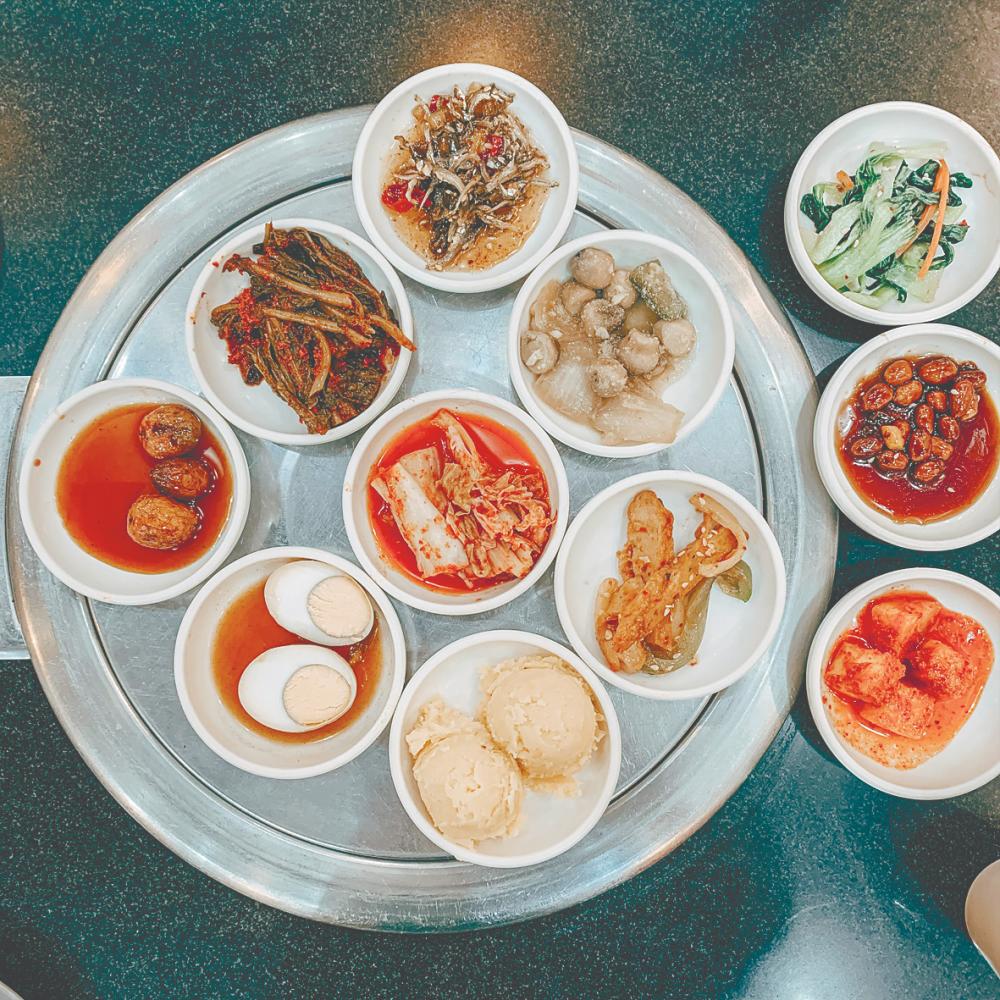MALAYSIA has witnessed an unprecedented surge in the popularity of Korean entertainment, encompassing K-dramas, K-pop, variety shows and even Korean cuisine. This phenomenon, part of the larger global Hallyu or Korean Wave, has profoundly impacted Malaysian pop culture, consumer behaviour and social norms. The rise of Korean entertainment in Malaysia reflects a broader trend of cultural globalisation but the local context gives it unique nuances.
Early roots of Hallyu in Malaysia
The seeds of the Korean Wave in Malaysia were sown in the early 2000s, largely through Korean dramas. Titles such as Winter Sonata and Autumn in My Heart captured the imagination of Malaysian audiences with their emotionally charged storylines, scenic visuals and relatable themes of love and family. These dramas found a home on free-to-air television channels and later on Astro’s K-drama channels, establishing an early fanbase.
Online streaming platforms such as Viu and Netflix further boosted accessibility, offering Malaysian audiences a broader selection of dramas with subtitles. Series such as Crash Landing on You and Goblin not only introduced popular characters and storylines but also contributed to the rise of binge-watching culture, deepening the emotional attachment to Korean storytelling.

Dominance of K-pop
K-pop, arguably the most visible element of the Korean Wave, gained momentum in Malaysia slightly later but with explosive effect. Initially making waves among niche fans through groups such as Super Junior, Girls’ Generation and Big Bang, K-pop exploded into the mainstream with global sensations such as BTS, Blackpink and Exo. Malaysian fans are now among the most active in streaming music videos, organising fan projects and attending concerts.
“It was not a hard decision (to bring in K-pop stars to perform in Malaysia). K-pop and Korean entertainment have a massive following here in Malaysia. You walk around and you see fans rocking K-pop merch, singing along to Korean hits and even learning the language. It is amazing. For us, it felt natural to tap into that passion. The response has been phenomenal. When we brought artistes such as Ailee to Malaysia, the energy was electric. The fans showed up in full force and it reinforced how much this content resonates with them,” entertainment company LOL Asia founder and CEO Rizal Kamal shared.
In 2024, Malaysia welcomed a wave of K-pop acts, showcasing the country’s growing status as a key destination for international tours. Notable performances included Cha Eun-woo, Epik High, Taemin, Kyu-hyun, Treasure, Super Junior, Kim Sung-kyu and CNBlue, among others. While this list may not encompass all K-pop idols who graced Malaysian stages, it represents a good portion of the vibrant Hallyu presence this year. The influx of these high-profile artistes not only thrilled fans but also gave a substantial boost to the local economy, with increased tourism, hospitality and retail activity surrounding these events.
Social media platforms such as Twitter, Instagram and TikTok have played pivotal roles in fostering fan communities in Malaysia. These platforms enable fans to connect, share content and organise events, creating solidarity among K-pop enthusiasts. Fanbases have even engaged in charitable activities, such as donation drives and volunteering initiatives in the name of their idols.

Korean variety shows and celebrities
Beyond dramas and music, Korean variety shows have struck a chord with Malaysian audiences. Shows such as Running Man, 2 Days & 1 Night and Knowing Brothers offer a mix of humour, competition and glimpses into the lives of Korean celebrities. Their relatability and comedic appeal resonate well with Malaysians, who frequently share clips on social media, further amplifying their reach.
Korean celebrities too have become household names in Malaysia. Endorsement deals with major brands have brought stars such as Hyun Bin, IU and Lisa of Blackpink closer to Malaysian consumers. These partnerships often lead to increased sales of products ranging from cosmetics to gadgets, highlighting the economic impact of Korean entertainment.
Korean culture
The rise of Korean entertainment has gone hand in hand with an interest in other aspects of Korean culture. Korean language classes have seen an uptick in enrolment, driven by fans eager to understand their favourite content without subtitles. Meanwhile, Korean cuisine has become a staple of Malaysia’s dining scene, with restaurants serving bibimbap, tteokbokki and Korean fried chicken flourishing nationwide.
K-beauty trends, inspired by the glowing complexions of K-drama and K-pop stars, have also left their mark. Brands such as Laneige, Innisfree and Etude House enjoy widespread popularity in Malaysia, catering to the demand for Korean skincare and makeup products.

Local adaptation and challenges
While the Korean Wave has been largely embraced, it has also drawn some criticism. Some argue the overwhelming popularity of Korean content overshadows local entertainment industries, making it harder for Malaysian artistes to gain recognition. Additionally, concerns about the cultural influence of Korean entertainment, particularly its promotion of unrealistic beauty standards, have sparked discussions.
However, Rizal believes Korean storytelling and production values can inspire local creators.
“Korean entertainment is about storytelling and emotional connection. Its sincerity and production quality raise the bar for everyone, pushing local creators to think bigger and innovate.”
Strategic integration
LOL Asia has integrated Korean entertainment into Malaysia’s multicultural landscape by tailoring experiences for local audiences.
“We approach it with respect and a lot of listening. Malaysia is unique because of its multicultural audience, so we blend elements of Korean pop culture with local flavours in our marketing, visuals and partnerships. It is about ensuring everyone feels part of something special,” Rizal shared.
The Malaysian government and media have been instrumental in fostering the Korean Wave.
Collaborations with organisations such as the Korea Tourism Organisation have promoted Korean culture through events such as K-pop concerts, fan meetings and food festivals, attracting thousands of attendees. Investments in digital infrastructure have made streaming platforms more accessible, ensuring the continued growth of Korean entertainment in Malaysia.
Future of Hallyu in Malaysia
The rise of Korean entertainment in Malaysia exemplifies the power of cultural exchange in a globalised world. As Hallyu continues to evolve, its influence on Malaysian society will likely expand, creating new opportunities for collaboration and creativity. From dramas and music to food and fashion, the Korean Wave is here to stay, continuing to influence the local landscape.









